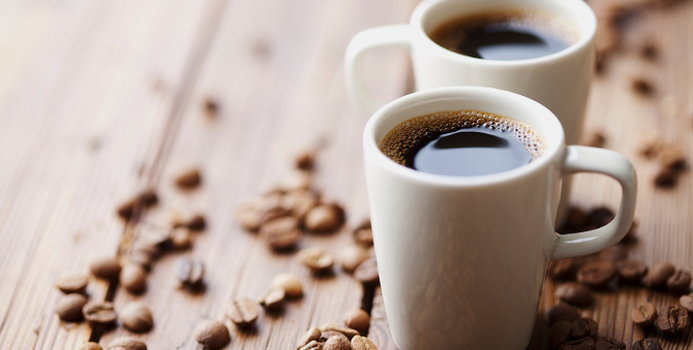Millions of people religiously buy decaffeinated products because they are convinced that these products contain no caffeine. But is everything that is labeled "decaf" completely caffeine free?
Definition
The term decaffeinated refers to the removal of caffeine from things such as coffee beans, tea leaves and cocoa. While soft drinks are often marketed as decaffeinated they are actually made without any caffeine being added in the production process.
Decaf Processes
The following are some of the processes used to remove caffeine from coffee beans.
- Roselius process: This was the first process ever used to remove caffeine from products. It is no longer used because it required the use of benzene which is a cancer causing chemical.
- Swiss Water process: This process soaks non-roasted beans in hot water to remove the caffeine. The beans are thrown away and the remaining caffeine concoction is strained through a carbon filter. This leaves green coffee extract (GCE) which is then added to more green coffee beans. The GCE passes through the filter and the filter catches the caffeine. This is repeated until the beans are 99.9 percent caffeine free. The beans are removed and dried and lose almost no flavor in the process.
- Direct method: The beans are steamed for thirty minutes and then rinsed with a solvent for ten hours. Then the drained beans are steamed ten more hours to remove the solvent.
Decaf Coffee
In America a coffee can only be labeled decaffeinated if it has lowered its caffeine level by at least 97.5 percent. So decaffeinated does not mean zero caffeine. The "Journal of Analytical Toxicology" reported in 2006 that people who drink five to ten cups of decaffeinated coffee actually consume the same amount of caffeine in one or two cups of regular coffee. Another study found that when they compared the caffeine content of ten decaffeinated coffees, only one of them had zero caffeine. The caffeine contents of the others ranged from 8.6 milligrams to 13.9 milligrams.
Decaf Tea
Tea can be decaffeinated using a process similar to the direct method described above. Subsequent brewing gradually lessens the amount of caffeine left in the tea. Equal size servings of both tea and coffee reveal that tea has somewhere between one third and one half as much caffeine as coffee. Caffeine amounts in tea are influenced by the type of tea leaf, where it was grown and how long it is steeped. The following list shows the descending caffeine content of various tea types.
- Black tea contains the most caffeine naturally.
- Oolong tea contains less caffeine than Black tea.
- Green tea has less caffeine than Oolong.
- White tea has even less caffeine than Green tea.
The Future of Decaf
A naturally caffeine free coffee plant was reported in 2004. "Decaffito" is the word that Brazil has trademarked for this type of coffee. Because of a deficient gene the coffea plant does not convert the theobromine into caffeine.
Decaffeinated products contain caffeine but a much smaller amount than their regular caffeine counterparts. Within the next five years the Decaffito plants should be mature enough to harvest. Until then, less caffeine is as good as it gets.



